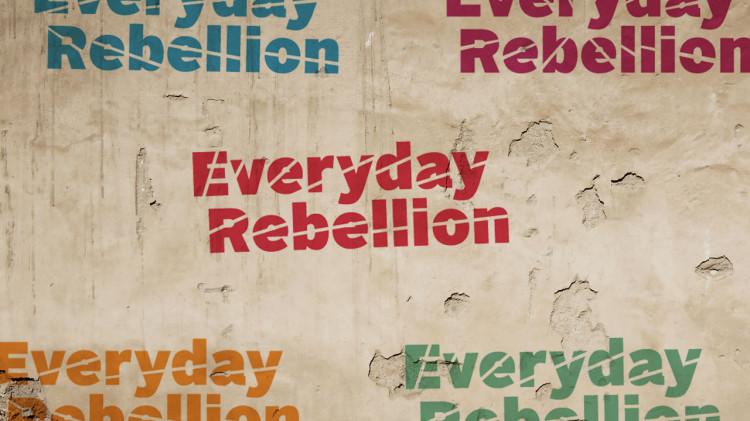Articles Blogger Related Links CommunicationsEvoking Attention
Very interesting text.
We also have lots of sexists meanings in the expressions we use in our languages. About a month ago, a friend used an expression that I’ve never heard before because I only speaking English well since this year. Anyways I was saying that my friend said: “well she’s the one that wear the pants in the relationship ” and I was really surprised of this expression and I told my friends that it is quite sexist and they asked me why. And I was surprised that they didn’t notice that it is sexist, I mean, all the words are there! “Wearing the pants in the relationship”
Maybe because I am learning English, the words are new and I’m more asking myself what means this and what means that, and because English is their first and only language, they don’t ask themself if this is sexist because they’ve heard this since they are born, I’m sure I do the same in my language . (French)
And today I’ve searched on Internet the definition of this expression and it says :
Wearing The Pants
“The member of the relationship wearing pants will have total control of the other person. Also see pussy whipped”
Ex:
“-So wanna come hang out with me and the guys?
-Nah, I gotta go out with my girl.
-Goat: Dude, what are you doing? Start wearing the pants.”

